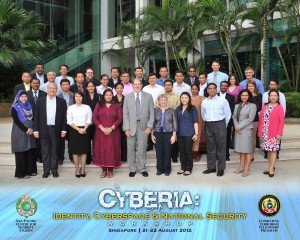
- More than 40 international security practitioners gather for a group photo during the ‘Cyberia: Identity, Cyberspace and National Security’ workshop. The Asia-Pacific Center for Security Studies hosted the two-day workshop held Aug. 21-22 in Singapore with the Combating Terrorism Fellowship Program. At the workshop, participants focused on the issue of identity and security in Southeast Asia and examined cultural representations in cyberspace.
Southeast Asia is one of the most ethnically, culturally, and linguistically diverse regions in the world. How do issues of identity impact this region where ethnic and religious hostility can be deeply entrenched?
‘Cyberia: Identity, Cyberspace and National Security’ was a two-day workshop held Aug. 21-22 in Singapore. It was hosted by the Asia-Pacific Center for Security Studies (APCSS) Alumni Continuing Engagement program and the Combating Terrorism Fellowship Program.
The workshop focused on the issue of identity and security in Southeast Asia. Participants examined national, ethnic and cultural self-representations in the cyber domain, the increasing impact on the social, political, economic development and security in the region.
“This workshop helped enhance thinking and build common perspectives related to the discourse on identity as a security issue,” said workshop lead Prof. Shyam Tekwani. “It also examined ways to strengthen and integrate whole of government approaches to mitigate the conflicts resulting from ethnic, religious or other identity constructions inimical to the security of the state. In time, this will succeed in fostering greater connectivity among the community of inter- and intra-state actors and elevate the level of intraregional coordination against identity-based extremism”.
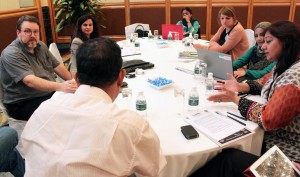
Women are heavily involved in this aspect of national security. Nearly 30% of the workshop participants were women.
Thirty-seven participants including mid- to senior-level military and civilian government officials from a cross-section of agencies in five Southeast Asian nations (Indonesia, Malaysia, Philippines, Singapore, and Thailand) and subject matter experts from Australia, India, Iraq/United Kingdom, Malaysia, Pakistan, Singapore, and the United States.
Participants engaged in active learning sessions where, through carefully focused and facilitated discussions, among the recommendations they made included:
- Strengthen areas of collaborative research by setting up national institutes to study identity and violence
- Build collaborative linkages with other such institutes in the region, share intelligence, strengthen region-wide cooperation among states, leaders, and organizations to create a greater understanding and political will and unity on identity issues;
- Identify and engage the silent majority; emphasizing identity issues through education, training and the media
- Craft a progressive counter-narrative to the narratives put out by the aggrieved
According to one participant, “For me, the most long-lasting value of this workshop is the significance of the topic discussed and the realization that major conflicts are really identity-based. And the social media can be pivotal tool to cause or mitigate the conflict. The content (subject matter expert’s presentations) was very substantial and informative. Furthermore, the method used was effective, particularly the management of time vis-à-vis the schedules.”
-END-
APCSS is a Department of Defense institute that conducts executive education programs through in-resident courses and in-region workshops. These activities build U.S. and partner capacity, improve trust and understanding, and provide security practitioners from across the Asia-Pacific region increased competence in understanding a wide spectrum of comprehensive security practices.


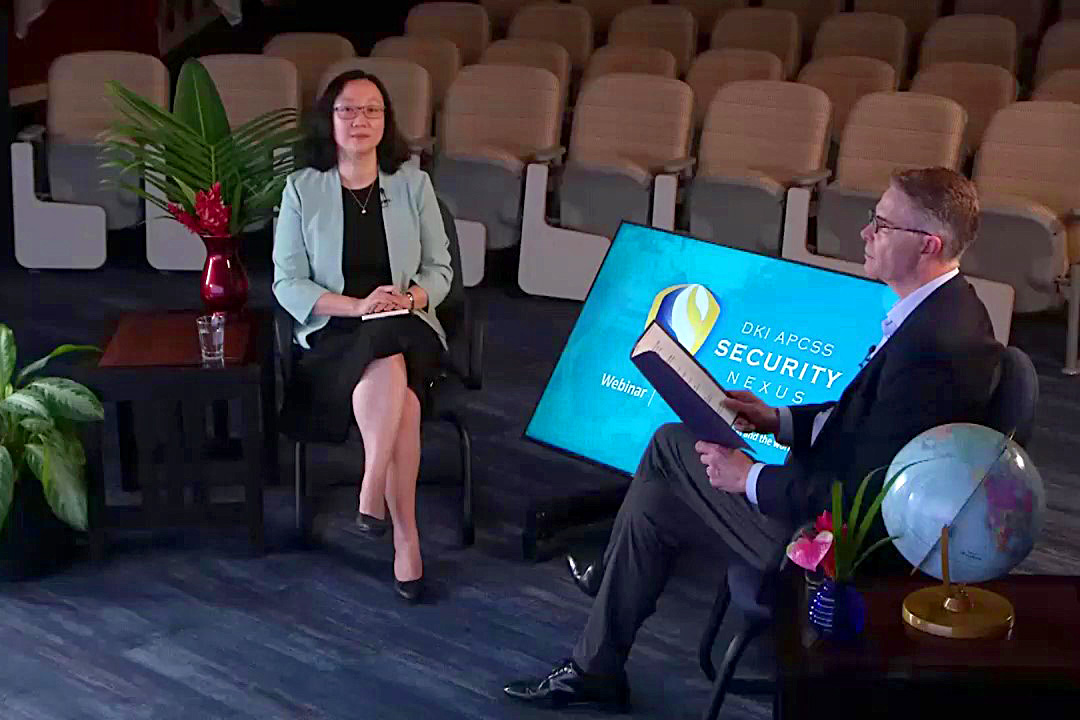
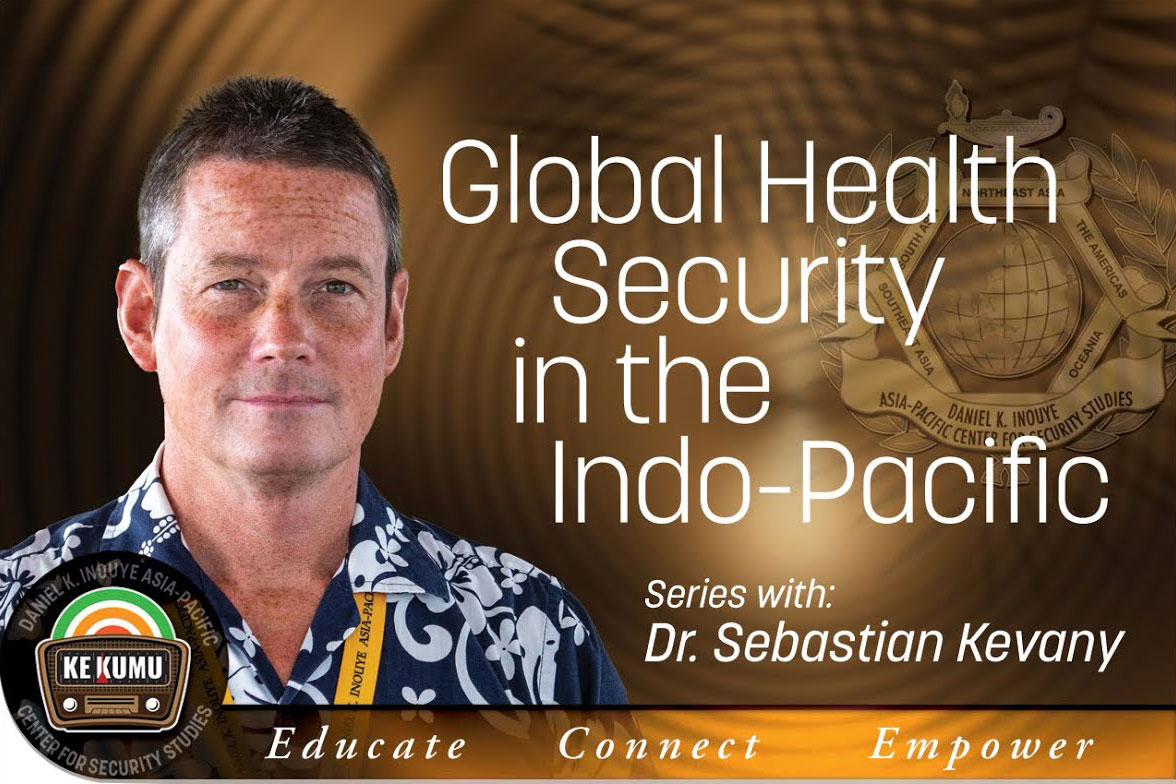
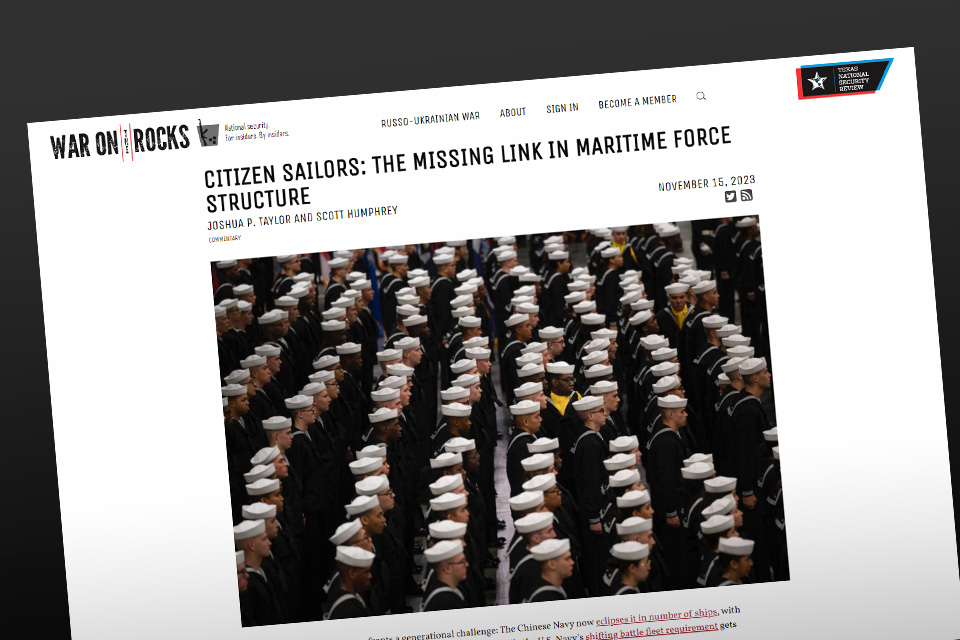




Leave A Comment